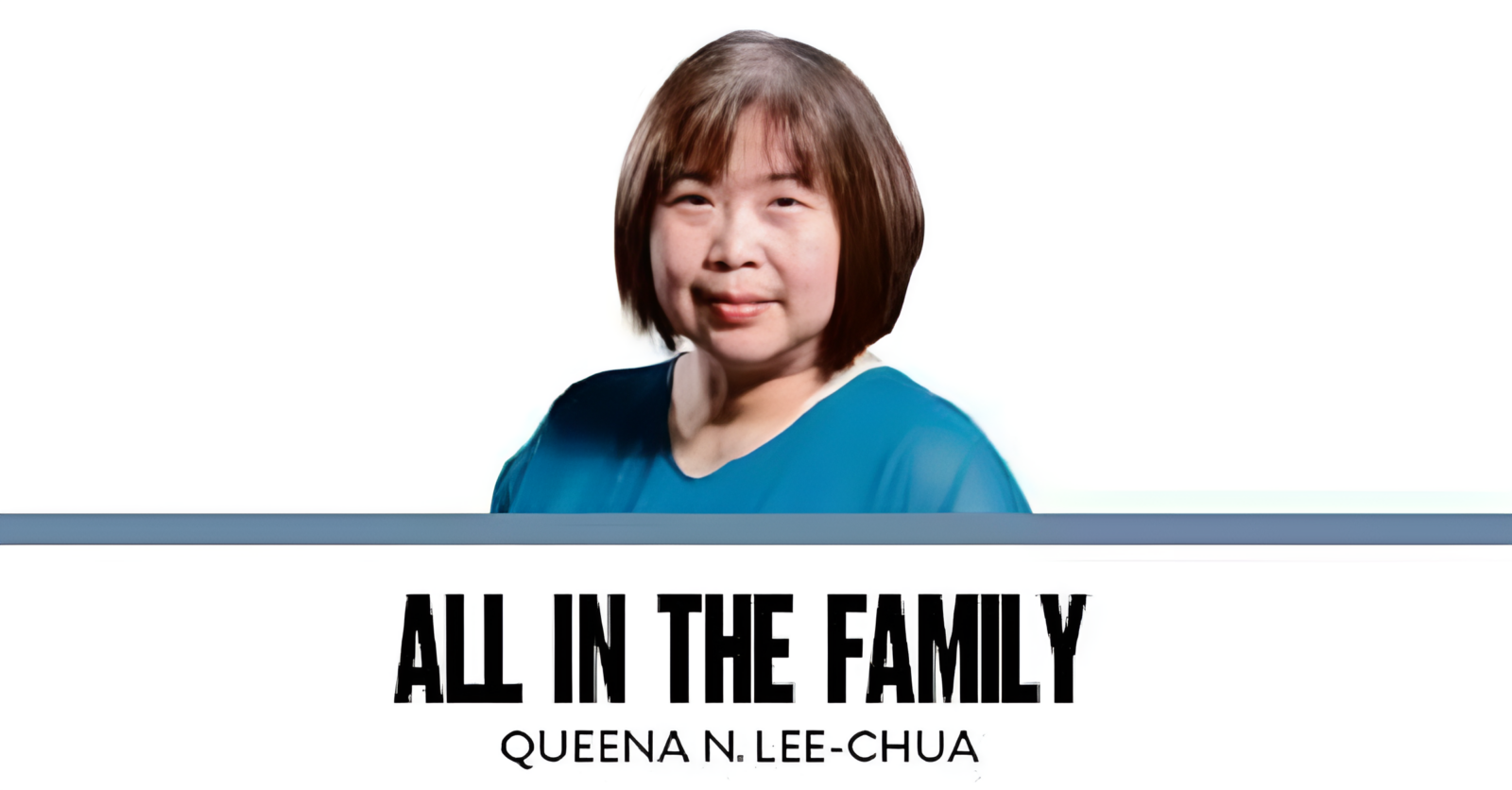Help! I am too nice

“I am the human resources head in a family business,” says R, 40. “I report directly to the owners, who tell me that I let employees get away with many things. They say I am too nice to everyone. They want me to be firmer and to enforce the rules more. I understand where they are coming from. But I find it hard to deny the requests of the staff, who tell me that I am the only person they can really talk to and who truly understands their situation. What do I do?”
My Reply
In our culture, being nice and pleasant is prized, including at work. Bosses who demand a lot are often frowned upon, as are those who never cut their employees any slack. Therefore, many managers (like stereotypical politicians) often prefer to be popular at the expense of effectiveness.
Since you are in human resources, I assume that you majored in psychology, which makes it even more likely that you are trained to be more empathetic and understanding towards people than most. There are a lot of upsides to this, as you well know (including being liked by all), but in a workplace that expects measurable results, your personality and behavior may not be as effective for the company (as the owners tell you).
In “Psychology Today,” consultant Nadav Klein says that as the head of a division, you tell yourself: “You will never burden your team. You’ll never be the boss from hell. You’ll never be a leader who makes your people feel resentful.”
So you end up neglecting responsibilities you signed up for. Aside from stressing yourself out, rest assured that such behavior does not inspire confidence from your boss, or even from your subordinates. The employees like you, of course, but this does not always translate to respect, especially if you base decisions on emotions and your need to be liked by everyone.
For instance, if you let one employee bend a certain rule, how can you explain this to another who wants to do the same, but who is in different circumstances? There are always exceptions to rules—no one can foresee all exigencies—but these are usually spelled out in the employee handbook and disseminated to everyone in advance, to ensure fairness for all.
You tell yourself that being nice is your priority. True, it makes the relationships flow more smoothly, and often there is nothing wrong with that. “Kindness is one of the traits that people most care about in others,” says Klein.
“But it is not the only one, and studies show that kindness is a ‘hygiene factor’: Its presence is necessary but its level is not motivating. In other words, people want you to be decent but they are not expecting you to maximize kindness.”
Klein’s studies show that being a bit nice is enough for the workplace—you don’t have to be extremely nice. “While it is beneficial to be nice, it’s not necessarily any more beneficial for you to be too nice. In this case, it can actually limit productivity.”
Moreover, you experience an emotional halo when you are acting nice, and this is—well—nice, at least in the moment. Most of the time, there is nothing wrong with this, since it impels you to act kindly to people.
“But taken to an extreme it can lead to making decisions based on emotional payoffs and trying to win a popularity contest,” says Klein. “That is not the goal of leadership. What makes you feel good in the short term is not necessarily what will make you feel that you and your team’s work is meaningful and effective in the long term.”
What then can you do? “We don’t need to be everyone’s best friend,” says Klein. “When we lead, we must focus on [managing] people in effective ways to get things done. We must inspire people and sometimes push them, for their and our own benefit. Just like exercise, being nice is great in measured doses but counterproductive in the extreme.
“You may have made a habit of asking yourself, ‘Am I being too nice?’ Instead, try asking, ‘Am I being a jerk?’ [This likely does not apply to you, but it is a good reminder nonetheless.] The latter question is a better gauge of how people evaluate you—and they likely care more about decency than extreme kindness.”
Queena N. Lee-Chua is on the Board of Directors of Ateneo’s Family Business Center. Get her print book “All in the Family Business” at Lazada or Shopee, or e-book at Amazon, Google Play, Apple iBooks. Contact the author at blessbook.chua@gmail.com.


















What digital readiness looks like for the next generation in PH